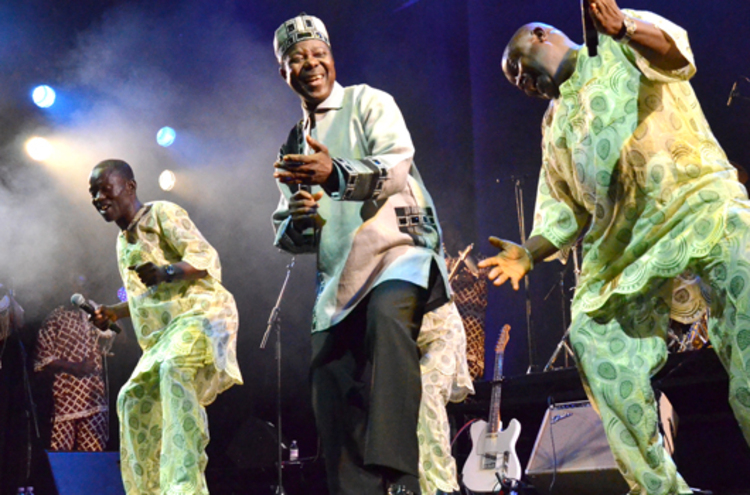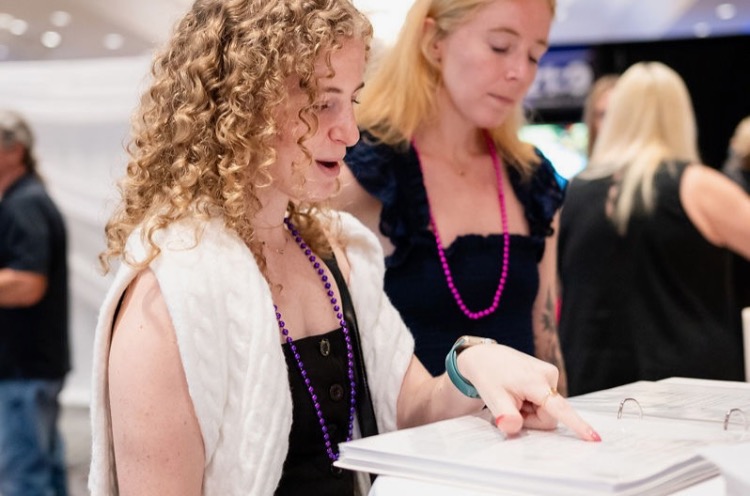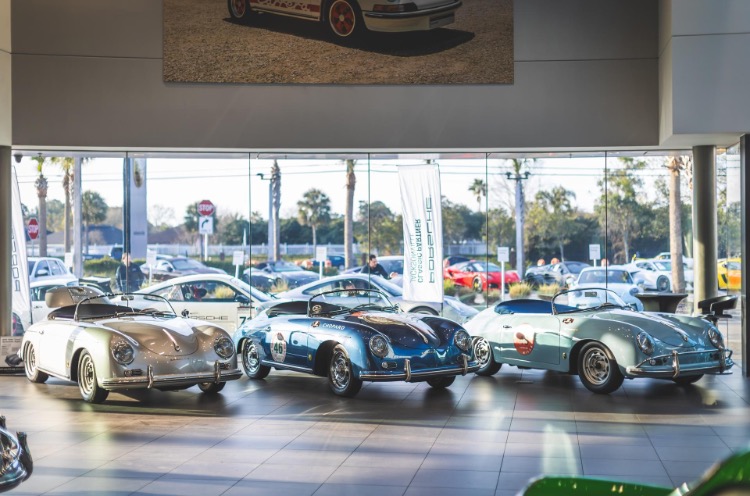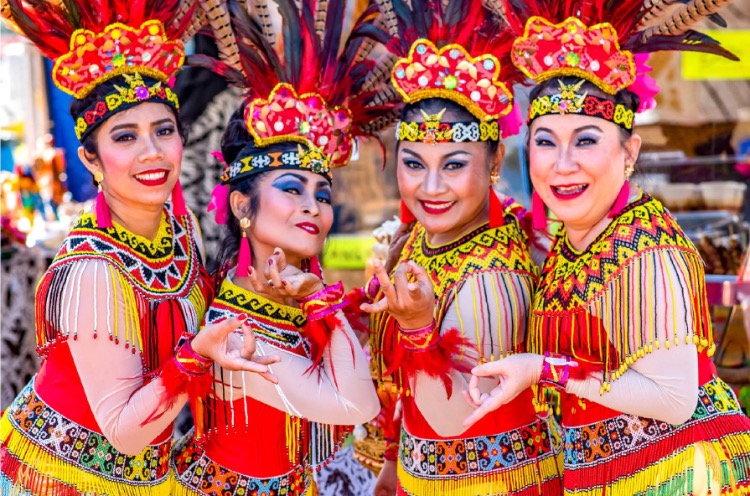King Sunny Ade Coming To PV Concert Hall On Friday, July 31, 2015
- by Joseph Cartolano
- June 8, 2015
- 3120 views

Ponte Vedra Beach, Fla. (June 8, 2015) — The Ponte Vedra Concert Hall proudly welcomes the king of Nigerian juju music, King Sunny Ade & His African Beats, to the stage on Friday, July 31, 2015. Tickets for King Sunny Ade & His African Beats will go on sale to the public this Friday, June 12 at 10 a.m.
Since the evolution of juju music in Nigeria in the 1930s, no artist has made a more lasting impact in the genre than King Sunny Ade. As a singer, composer and guitarist, he has succeeded over the years in taking this Nigerian social music type to international heights. Ade came on the scene in 1966, following his induction as a samba player in a small group led by showman and comedian Baba Sala, known in real life as Moses Olaiya. And with his own 10-piece band, the Green Spots, Ade made his first record in 1967, playing the guitar solos himself. He however, blazed into prominence a year after with a hit single in praise of Stationery Stores football club which earned him a Gold disc as a result of its massive sales. Since then Ade has been in the limelight.

The late 60s found Ade searching for a credible sound identity that tended to fuse the influence of Tunde Nightingale with the techniques of his mentor, Moses Olaiya, in order to forge his own individuality and direction. Emphasis was therefore placed more on melodic exploration, simple vocal themes and accompaniment based merely on social commentaries than clear-cut, definitive tunes. But it was in the 70s that he really got himself together, trying to perfect a sense of direction within the juju format. Attention began to be focused on rhythmic integration and lead singing began to assume a more defined and aggressive pattern with such hits as “Ekilo Fomo Ode” “Esu Biri Biri,” “Nitori Awa Wa”, some of which were steeped in highlife.
In the mid-70s, Ade adopted a new cultural dimension when he was influenced, like every other musician, by the cultural wind that began to blow through Africa. He was influenced by Fela Anikulapo Kuti’s Afrobeat, evidence of which was prominent in his instrumentation where the guitars riffed figures that were imitative of the Afrobeat legend’s creations. His guitar solos were also affected as not only did he include the tenor guitar which was Fela's concept, but he actually lured Fela's famous exponent of this instrument, Sony Ohiri, into joining his own aggregation which had metamorphosed from Green Spots to African Beats. And it was a new development for juju music. A typical Afrobeat influenced tune from this era was “Synchro System” which was predicated mainly on an Afrobeat bass movement aside from the singing.
The 1980s experienced a consolidation in Ade’s orchestral arrangements. He began to play with the confidence and authority of a superstar, developing a sense of melodic inventiveness woven around simple structures. King Sunny Ade had established a sense of direction and reached the peak of his performing career with well-choreographed steps and the professional stage act that was predicated on flamboyance and athletic movements. It was at this peak of his blossoming career that his popularity took off and he often topped the charts of Radio Nigeria 2 with such hit albums as Afefe Yeye, Check E, Searching for My Love, and Juju Music among others. This success gave Ade a kind of larger-than-self popularity which exposed him to the international scene. Ade no doubt has brought a number of innovations to juju. His arch rival, Ebenezer Obey had succeeded in transforming the music from its neo- traditional status to an urban social music type with the introduction of the trap drums and three guitars. But Ade further revolutionized juju music by increasing these guitars, adding more drums, introducing flamboyance of a robust type, elegance and dignity to the live performance of the music. When Ade signed on with Island Records in 1982 as a result of attracting international attention, he was perhaps the biggest natural phenomenon on the Nigerian music scene where massive record sales kept him at the top of the charts. With the release of the album Juju Music, Ade was launched onto the Western Pop scene. Elegant, youthful-looking and courteous, Sunny Ade had the charisma to match his new status. He even had the air of regal candor to go with his title, “the king of juju music.”
Tickets for this general admission standing room only show go on sale this Friday, June 12 at 10 a.m. Tickets will be available for purchase at the Ponte Vedra Concert Hall and St. Augustine Amphitheatre Box Offices, ticketmaster.com, all Ticketmaster outlets and by phone at (800) 745-3000.
Related Articles
World of Nations Festival & Celebration returns to Jacksonville on February 28-March 1
- February 17, 2026
- 2065 views



